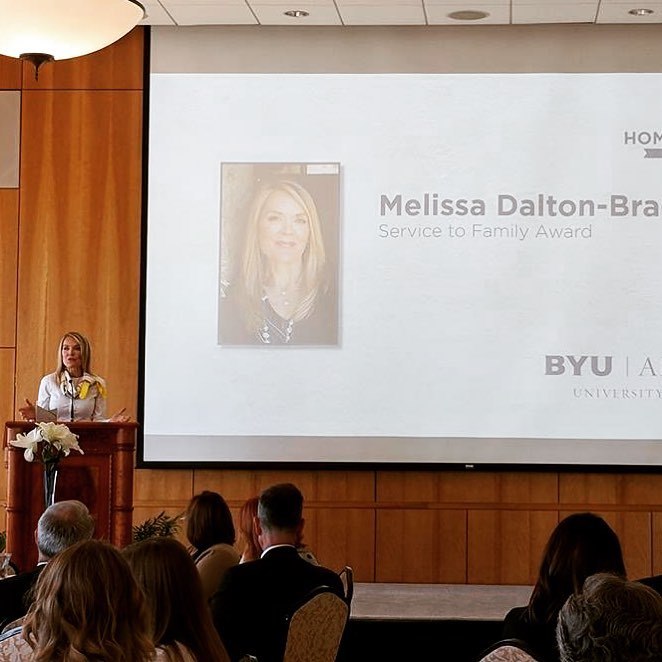Coming Soon: A Long-awaited Story of Family Reunification

Written by Melissa Dalton-Bradford
At this moment, I was recounting the story of a friend of mine, a Syrian refugee mother who has been separated from her husband and three teenaged sons for three years. Father and boys have been eking out a meager existence in Turkey, where they were stuck after fleeing from decimated Aleppo and then Europe slammed shut its borders.
Mother and youngest son had gone ahead, trudging up the Balkan route and into Germany. Here, the two lived in camps where our volunteers met and befriended them. In this speech I described her:
Fierce yet exhausted.
Resourceful yet at times desperate.
Tender yet aggravated.
Faithful.
Faithful.
Faithful.
I went to court with her last spring and sat as a character witness through a trial (appealing asylum) that did not seem to go well at all. The judge wanted to hear nothing of her explanation that, if her asylum was not granted now, then her eldest, age 17, would stand no chance of receiving family reunification because at 18 the applicants are considered adults and must therefore pursue a single asylum track, not family reunification as dependents of parents.
The next week, my friend received a rejection to that plea.
It was a black, black day.
When I stood and spoke last month at Brigham Young University I asked the audience to imagine this mother’s predicament. To try to feel how she does, trapped by international disputes, the scourge of fear, the whim of policy.
Would this mother EVER see her husband again? Her children again? Would this family EVER be reunited? That sinister question mark hooked me like a harpoon to the heart.
Well...
I couldn’t have imagined how that story would change. Last night’s WhatsApp from my Syrian friend was simple:
Four photos of passports.
I knew all of the faces. They have her sober, dark eyes. And the mother’s caption: “God is good.”
Multiple ❣️❤️💕💗later, I asked, “Wann?” (When?)
“21 November,” plus 🎊🎉💥
Please stay tuned for a sweet family reunion at Frankfurt airport.
Official Statement on the Detention of Refugees and Ongoing Community Violence
With another death in Minnesota and continued violence toward individuals and groups standing up for their communities, we acknowledge the profound fear and uncertainty people are feeling--not just locally, but across the country.
On top of this, there are reports that refugees invited and admitted to our country through the U.S. Refugee Admission Program are now being detained, meaning that our new friends and neighbors feel that fear most acutely.
Refugees have already fled violence and persecution once. They came here legally, seeking safety. In moments like these, we reaffirm our commitment to building communities where refugees and immigrants can live without fear. Where they can go to work, send their children to school, and build lives of dignity and belonging.
We call for due process, accountability, and humanity in all immigration enforcement operations. We call upon our leaders to demand the demilitarization of our neighborhoods and cities. And we call on all of us to continue the work of welcoming and protecting those who have been forcibly displaced from their homes.